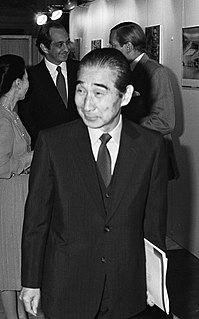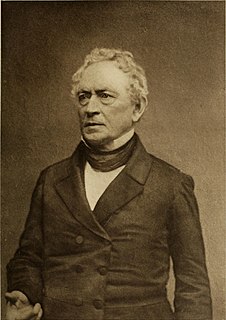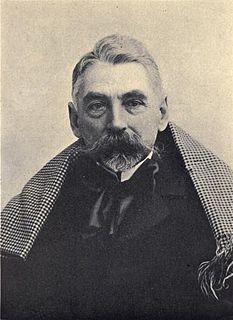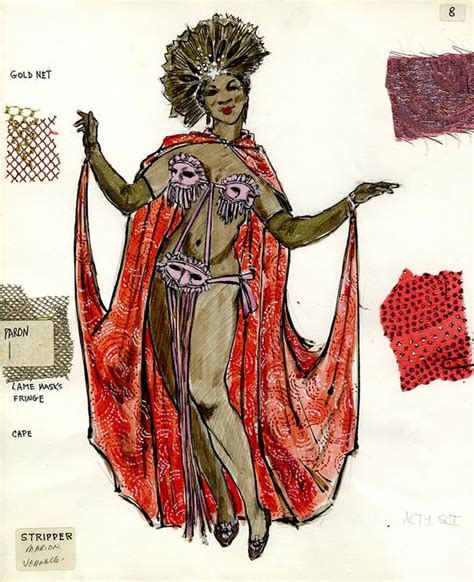A Quote by Robert Edmond Jones
We have learned that beneath the surface of an ordinary everyday normal casual conscious existence there lies a vast dynamic world of impulse and dream, a hinterland of energy which has an independent existence of its own and laws of its own: laws which motivate all our thoughts and our actions.
Related Quotes
The world of strict naturalism in which clever mathematical laws all by themselves bring the universe and life into existence, is pure [science] fiction. Theories and laws do not bring matter/energy into existence. The view that they nevertheless somehow have the capacity seems a rather desperate refuge...from the alternative possibility...Trying to avoid the clear evidence for the existence of a divine intelligence behind nature, atheist scientists are forced to ascribe creative powers to less and less credible candidates like mass/energy and the laws of nature.
An entertainment is something which distracts us or diverts us from the routine of daily life. It makes us for the time being forget our cares and worries; it interrupts our conscious thoughts and habits, rests our nerves and minds, though it may incidentally exhaust our bodies. Art, on the other hand, though it may divert us from the normal routine of our existence, causes us in some way or other to become conscious of that existence.
Our world does not exist from its own side--like a dream world, it is a mere appearance to our mind. In dreams we can see and touch our dream world, but when we wake up we realize that it is simply a projection of our mind and had no existence outside our mind. In the same way, the world we see when we are awake is simply a projection of our mind and has no existence outside our mind.
One should not understand this compulsion to construct concepts, species, forms, purposes, laws ('a world of identical cases') as if they enabled us to fix the real world; but as a compulsion to arrange a world for ourselves in which our existence is made possible:-we thereby create a world which is calculable, simplified, comprehensible, etc., for us.
The man who stands upon his own soil, who feels, by the laws of the land in which he lives,-by the laws of civilized nations,-he is the rightful and exclusive owner of the land which he tills, is, by the constitution of our nature, under a wholesome influence, not easily imbibed from any other source.
Science is the study of the admitted laws of existence, which cannot prove a universal negative about whether those laws could ever be suspended by something admittedly above them. It is as if we were to say that a lawyer was so deeply learned in the American Constitution that he knew there could never be a revolution in America.
Yes, I know, we are merely empty forms of matter, but we are indeed sublime in having invented God and our soul. So sublime, my friend, that I want to gaze upon matter, fully conscious that it exists, and yet launching itself madly into Dream, despite its knowledge that Dream has no existence, extolling the Soul and all the divine impressions of that kind which have collected within us from the beginning of time and proclaiming, in the face of the Void which is truth, these glorious lies!
I consider morals and aesthetics one and the same, for they cover only one impulse, one drive inherent in our consciousness - to bring our life and all our actions into a satisfactory relationship with the events of the world as our consciousness wants it to be, in harmony with our life and according to the laws of consciousness itself.
































